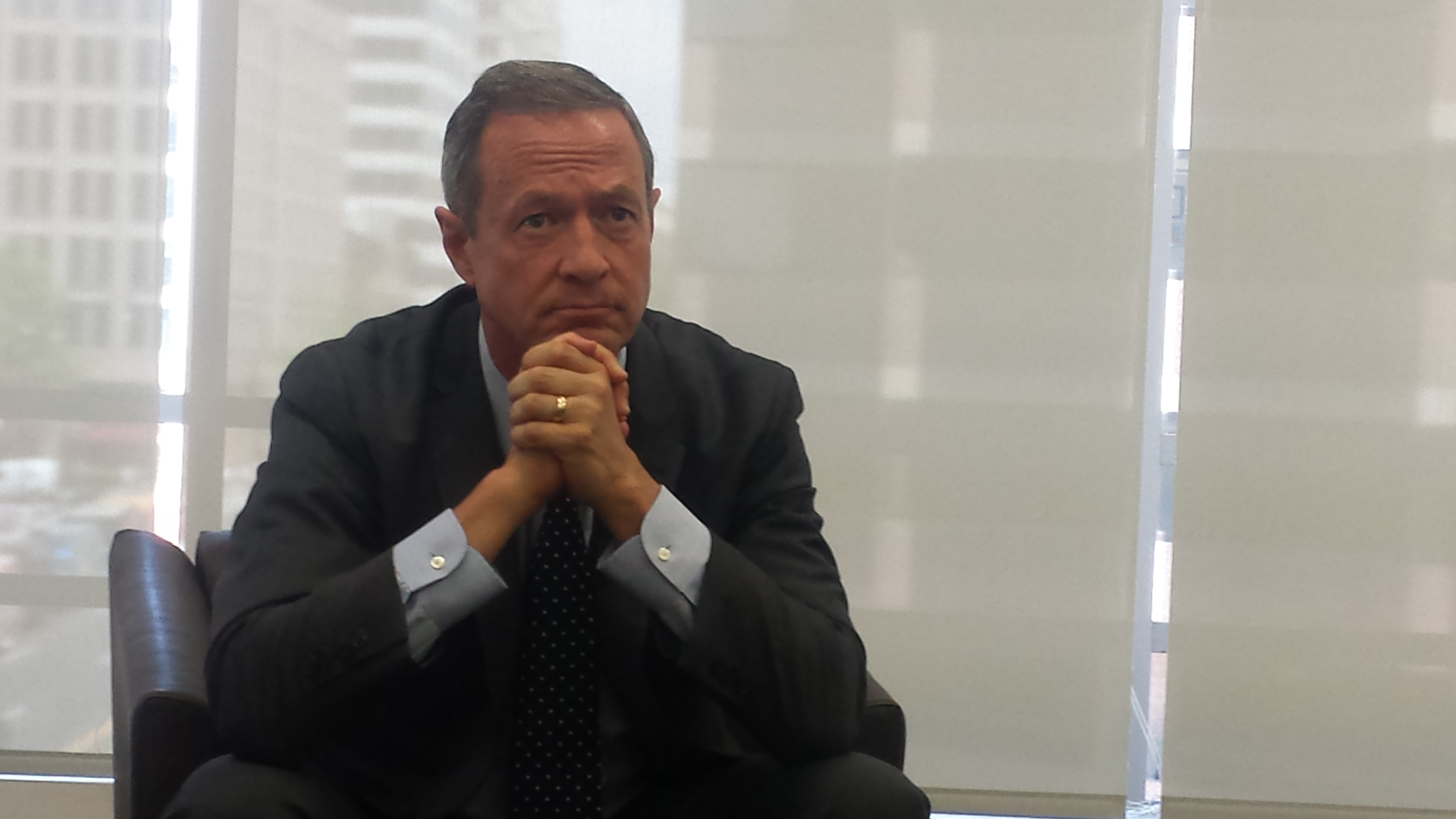WASHINGTON – The leading Democratic presidential candidates issued statements this week on the death of Sandra Bland, the African-American woman who was found dead in a Texas jail cell three days after her arrest for allegedly assaulting a police officer during a routine traffic stop.
But none of the candidates spoke in person about the issue and, perhaps purposefully, none uttered the words that in the past year have become the currency of the realm when it comes to racial politics: “Black lives matter.”
Former Secretary of State Hillary Clinton called for more action and less talk on race-related issues.
“My heart breaks at seeing another young African-American life lost too soon,” she said in a statement. “From what I’ve seen, the circumstances of this case are incredibly disturbing.”
And Clinton’s main challengers, Vermont Sen. Bernie Sanders and former Maryland Gov. Martin O’Malley, said a video of Bland’s arrest highlights the serious need for police reform and a thorough investigation of the incident.
All three Democrats have said before that “black lives matter,” but they did so in situations rich with discomfort, and they almost certainly didn’t receive the reactions for which they’d hoped.
All this has raised one question: Although African-Americans overwhelmingly support Democrats in presidential politics, will their votes be harder to earn in a political climate rife with racial tension?
“Unfortunately, some candidates are afraid to even use the word ‘black’ when discussing these issues,” said Maurice Mitchell, an organizer with the Movement for Black Lives Convening, a coalition of activist groups that includes Black Lives Matter. “None of the candidates have adequately dealt with anti-black racism and the generations of violence that black people face.”
The high-profile deaths of unarmed African-Americans at the hands of police over the past two years, and the grassroots activism that followed, are forcing candidates to confront race-based issues that could have been easily ignored in previous elections, experts say.
“Because [African-Americans] vote Democrat, their issues get short shrift in policy debate,” said Andra Gillespie, a professor at Emory University who studies political mobilization and race. “There’s an attitude that you don’t have to actually woo African-American votes.”
That could change this year, Gillespie said, as groups like Black Lives Matter vow to force the conversation. But the candidates – especially O’Malley, a former Baltimore mayor who advocated tough police practices, and Sanders, who is running on an economic platform and whose Vermont constituents are largely white – are facing challenges articulating their positions.
“There’s a tendency for white liberals to think that since they marched with King, since they know this person, they’re credentialed to talk about race,” said Frederick Harris, the director of Columbia University’s Center on African-American Politics and Society.
Steven Taylor, a professor of racial politics at American University, said Sanders, in particular, must find a way to work race into his message of ending economic injustice.
“Sanders is focusing on economic issues, coming from the leftist notion that if you solve economic problems then you solve race problems,” he said. “They’re not buying it.”
Leaders of the Black Lives Matter movement have said they plan to attend every debate of the election cycle, but it’s unclear whether the activist could affect the outcome of Democratic race, which Clinton is expected to win. But that doesn’t mean their efforts will be in vain: there’s plenty of work to be done in the General Election.
“Candidates run as liberals and then when they get the nomination, they become more centrist,” said Columbia’s Harris. “The shift will occur; the question is how Black Lives Matter will respond to that.”
And unlike in 2008 and 2012, when President Barack Obama was able to win black votes without explicitly addressing racial issues, the current cycle lacks a minority Democratic candidate.
“There was an assumption [with Obama] that substance and symbolism came hand-in-hand,” said Harris. “You cannot make that assumption with Sanders, Hillary and O’Malley.”
Maurice Mitchell, in a phone interview from Cleveland, said candidates have to speak bluntly about race, racism and the threat of police violence if they want to win the support of black voters.
“We’re not interested in being taken for granted,” he said. “We want to hear directly what their [candidates’] agenda is so that we can respond to it.”


